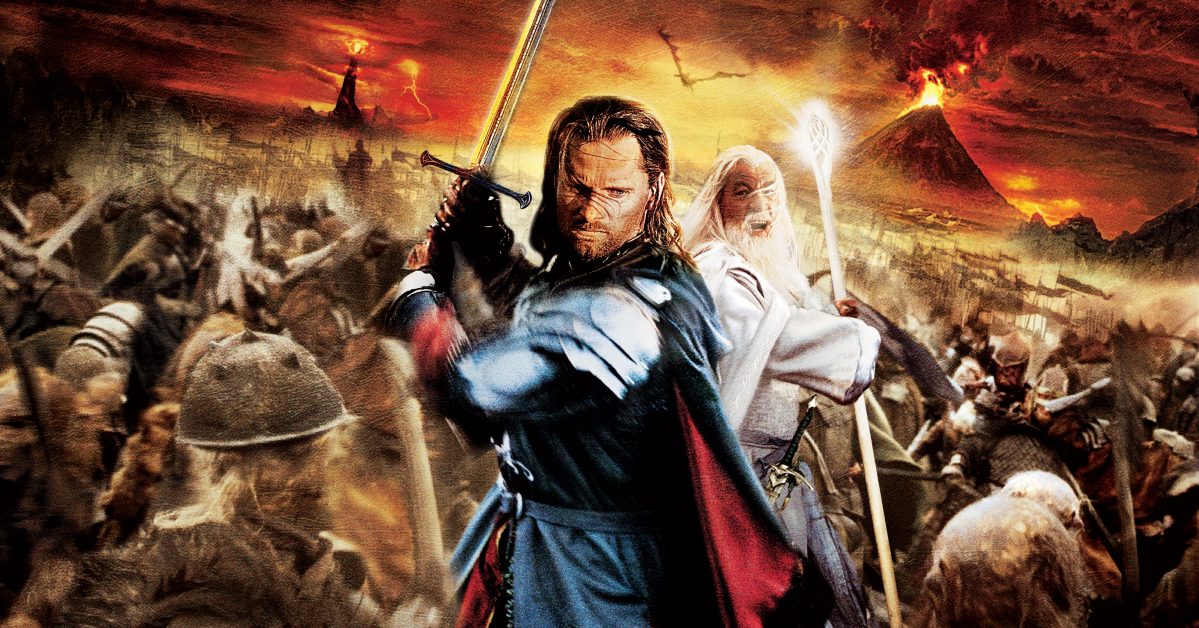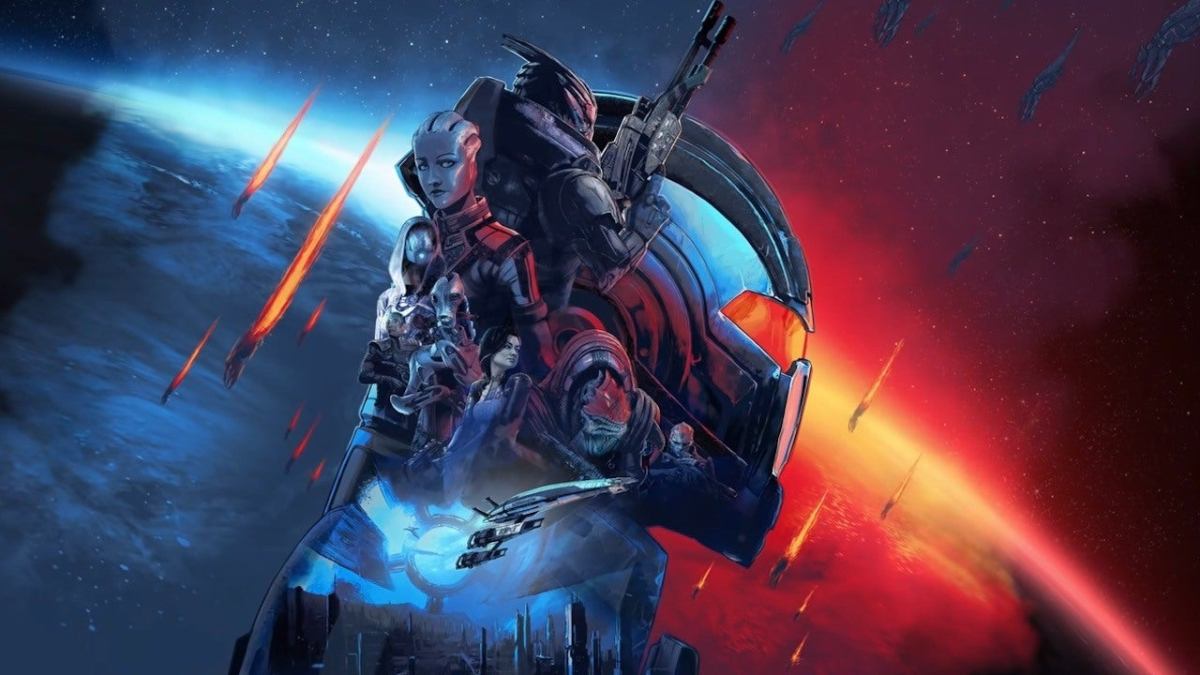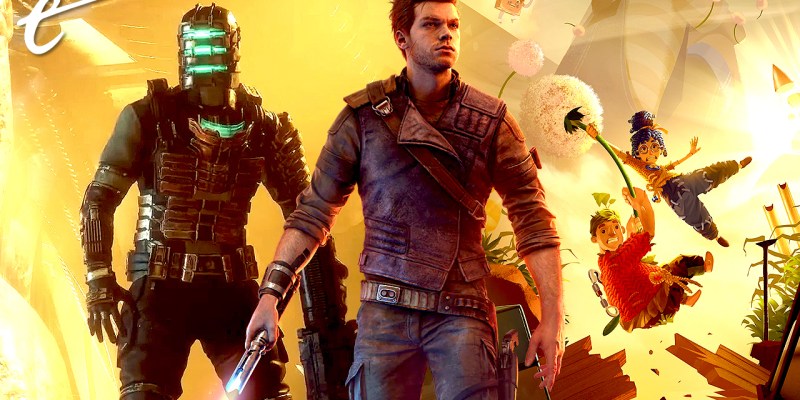Few video game developers and publishers have had the lofty highs and subterranean lows that EA has experienced over the past few decades. The same company that’s delivered generation-defining experiences and instant classics has also been at the forefront of predatory monetization and voted the Worst Company in America. But amidst this turbulent ride, it feels like we’re at a point in its roller coaster of a life where I at least feel confident in posing the question – is EA actually good again?
It’s easy to slag on the company that’s shuttered beloved studios, milked its annual franchises, and completely fumbled the launches of games that should’ve been an easy win. But while this is all true, it’s worth remembering that EA is also the company responsible for some of the most iconic bangers of this century.
In an era where games weren’t quite as costly to create, it felt like EA was more willing to take risks. Some of my absolute favorite gaming experiences of the ‘00s came from EA – the original Mirror’s Edge felt like a revolution, Burnout 3 and Revenge are still the most entertaining racing games ever created, the incredible The Lord of the Rings: The Two Towers and Return of the King adaptations show the power of nailing a beloved license at the right moment, and EA Big’s run of SSX, Def Jam, and NBA Street games is an energy I’d love to see replicated.

But as budgets ballooned and shareholders needed appeasing, creative risks fell to the wayside in favor of chasing some of the worst trends in gaming, which is how we found ourselves in a place where EA became the poster child for corporate greed and creative bankruptcy. This fall from grace wasn’t the fault of the talented developers, but rather mandates from up on high that saw profit as the one and only true goal.
But at some point over the past few years, something seemed to change. It feels like the winds have slightly shifted, and suddenly I’m left looking at a developer and publisher who helped shepherd some of the most interesting AAA games of the past few years, with even more on the horizon.
We’re only a short way into the year, but EA’s already had a solid 2023 so far. The Dead Space remake took a good game and made it great, revitalizing the beloved sci-fi horror franchise while also making for Motive’s biggest success yet, which is great news considering its upcoming Iron Man project. Wild Hearts delivered one of the best Monster Hunter alternatives to date and bolstered the lineup of EA Originals that included It Takes Two, arguably the best game of 2021.
Though EA squandered a lot of its 10-year Star Wars partnership with Disney, 2019’s Star Wars Jedi: Fallen Order was a solid framework for Jedi: Survivor to hopefully be the kind of sequel like Uncharted 2 and Assassin’s Creed II that improves upon the original in every way imaginable. Developer Respawn also has a Star Wars FPS and a strategy game in the works, and alongside continued support of Apex Legends, it’s in prime position to continue its impressively high batting average.
And though recent news of the cancellation of a single-player Titantfall project – along with the lingering pain that Titanfall 2 was unceremoniously sent to die, despite having one of the best shooter campaigns ever made – took some of the wind out of my sails, knowing that Vince Zampella is now in charge of the Battlefield brand shines a bright light on the dimming franchise. After the disastrous launch of 2042, having a firm hand at the wheel might be just the thing that storied franchise needs.
But with all of this, probably the biggest question mark at EA lies in BioWare. The once-beloved developer of Star Wars: Knights of the Old Republic, Mass Effect, and Dragon Age has had a rough past few years. 2017’s Andromeda failed to capture the magic of its prior trilogy, while 2019’s Anthem epitomized everything that’s wrong with the post-Destiny trend of every publisher desperately searching for its own games-as-a-service sensation.

But despite these two major setbacks, 2021’s Mass Effect: Legendary Edition reminded audiences of why they love the studio in the first place. And if Dragon Age: Dreadwolf and the next ME both manage to stick their landings, it’s easy to picture BioWare reclaiming its spot high on the video game mountaintop.
Of course, EA’s portfolio is much wider than the games I’ve already mentioned, including its plethora of sports and Sims games. And honestly, I’m not going to comment on those, because I am definitely not qualified to speak to them. But the casual folks I know who play Madden and The Sims every year seem to be happy with it, despite neither franchise really changing a whole lot from an outsider’s perspective. And the highly publicized breakup between EA and the FIFA license for their immensely popular soccer games feels like it’s going to hurt FIFA a lot more than it’s going to hurt EA, but I guess we’ll have to wait and see on that one.
It’s understandable to have had a chip on your shoulder when it came to EA in the past. It most certainly deserved it. But given what we’ve seen over the past few years, what we’re seeing in 2023, and what we’re primed to see in the near future, I’m cautiously optimistic about the future of EA, and that’s something I haven’t felt in a long, long time.
